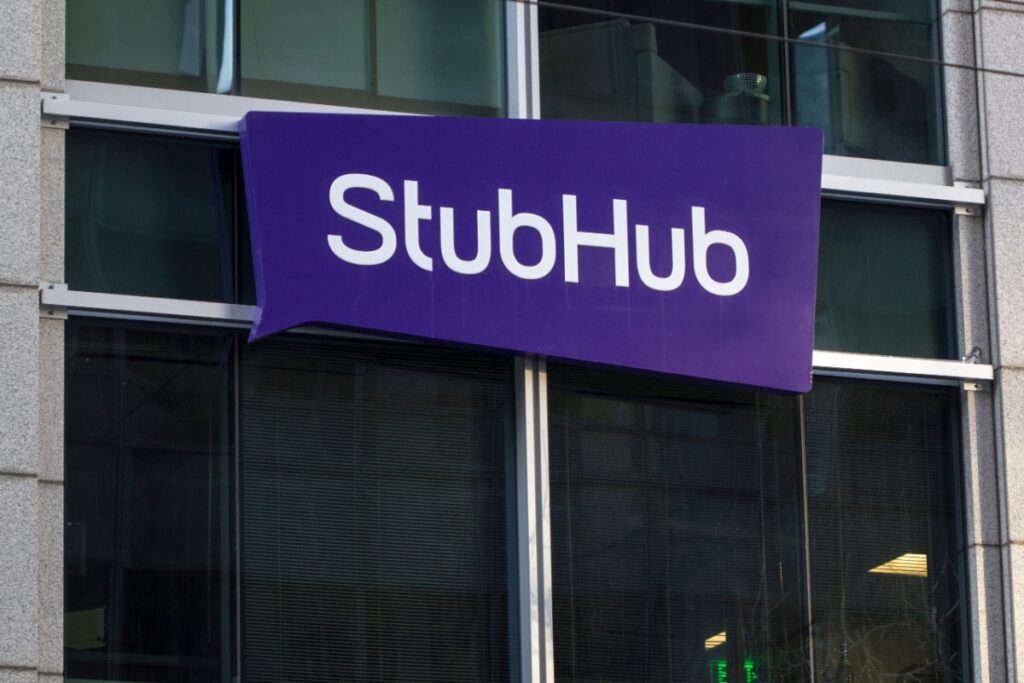StubHub, one of the world’s largest secondary ticket marketplaces, has officially launched its initial public offering (IPO), pricing shares at $23.50 each. The stock began trading on the New York Stock Exchange under the ticker symbol “STUB.” Through the sale of just over 34 million shares, the company raised close to $800 million, setting its total market capitalization at approximately $8.6 billion.
Offer Details and Market Valuation
The company has announced that the funds raised will primarily be used to reduce debt and for general corporate purposes, including investments in technology and operations. According to StubHub, its platform has become a global hub for live event access. In 2024, more than 40 million tickets were purchased by customers spanning 200 countries and territories, showcasing the firm’s international reach and influence.
The IPO comes at a time when investor interest in consumer-facing technology platforms remains strong, despite concerns about economic slowdowns and consumer spending habits. Analysts suggest that StubHub’s global brand recognition and large user base provide a strong foundation for long-term growth, although regulatory risks continue to loom.
Company History and Leadership
StubHub’s origins date back to 2000, when it was co-founded by entrepreneur Eric Baker, who still serves as the company’s chief executive officer and retains a controlling interest. Baker’s leadership has been central to the company’s identity, steering it through multiple ownership transitions.
The company was acquired by eBay in 2007, a move that expanded StubHub’s visibility but also marked Baker’s temporary exit. Following his departure, Baker established Viagogo in 2006, another ticket resale platform. In 2020, eBay sold StubHub to Viagogo in a $4.05 billion deal, effectively reuniting Baker with the company he had co-founded. The merged business later became known as StubHub Holdings.
Over the past two decades, StubHub has grown into a dominant force in the resale ticket market, competing directly with Vivid Seats and SeatGeek. Despite the growing competition, StubHub’s early brand recognition and large inventory have helped it maintain one of the largest global footprints in the sector.
Baker has emphasized that StubHub’s long-term strategy revolves around expanding consumer trust and accessibility while navigating the evolving landscape of live entertainment. His leadership will now be tested in the public markets, where scrutiny over performance and governance tends to intensify.
Financial Performance and Regulatory Challenges
In financial terms, StubHub’s performance has shown both growth and volatility. For the first six months of 2025, the company reported $827 million in revenue, representing a 3% increase compared to the same period in 2024. This growth was modest compared to the 29% year-over-year revenue jump recorded in 2024, signaling that momentum may be slowing as global consumer spending faces headwinds.
At the same time, StubHub has found itself at the center of regulatory scrutiny. Authorities in Washington, D.C. filed a lawsuit accusing the company of advertising artificially low ticket prices and later inflating totals with undisclosed fees. Investigations into pricing practices and fee transparency are also underway in New York and Pennsylvania, raising questions about whether stricter regulations could impact profitability.
Broader market trends have also shaped the company’s environment. Ticket prices for concerts, theater, and sporting events have surged well above inflation in recent years. In 2024, average ticket prices increased 5.2%, following a 6.8% rise in 2023. With inflation moderating elsewhere in the economy, the continued rise in ticket costs has triggered consumer frustration and political debate. This dynamic could pose risks for StubHub, whose business model relies heavily on markups and fees.
IPO Climate and Competitive Landscape
StubHub’s debut comes during one of the most active IPO years since 2021, reflecting renewed confidence in equity markets. Major listings in 2025 have included Figma, Klarna, Circle Internet Group, and Gemini, signaling investor appetite for both tech platforms and fintech ventures. By joining this wave, StubHub positions itself within a broader market resurgence fueled by optimism around innovation and digital commerce.
Still, competition remains fierce in the ticketing industry. On the primary side, Live Nation, through its subsidiary Ticketmaster, continues to dominate. Live Nation reported revenues of $25.9 billion in 2024, an increase of 12% compared with the previous year, underscoring its global dominance. Secondary platforms such as StubHub, SeatGeek, and Vivid Seats provide alternatives for consumers but face challenges differentiating themselves in terms of pricing, transparency, and user experience.
Industry observers note that StubHub’s success as a public company will depend not only on its ability to grow revenues but also on how it navigates regulatory pressure and consumer demand for fairer pricing. Its IPO valuation, while substantial, places it in a highly competitive sector where scrutiny from lawmakers, fans, and investors is intensifying.


